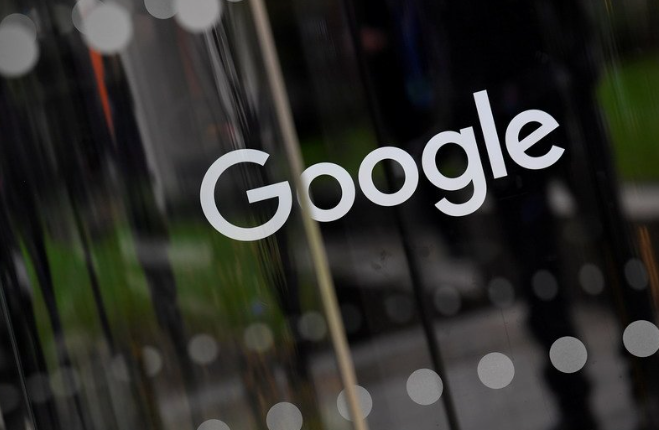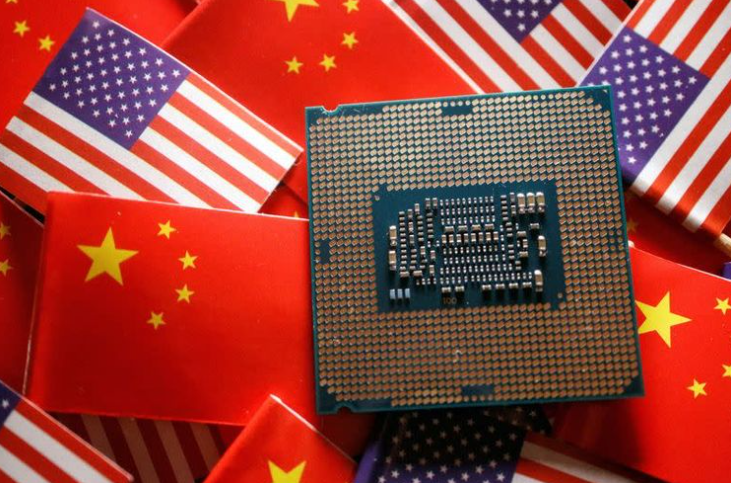How to Delete a TikTok Account, via Smartphone or Laptop
Morrissey Technology – Deleting social media accounts has become a common thing for the majority of people. Usually users delete social media accounts for productivity reasons or because they want to take a break from the world of social media. Currently, deleting social media can be done easily, including deleting your TikTok account.
How to Delete a TikTok Account
This stage of deleting a TikTok account can be done on a cellphone, laptop/PC, or other gadget that allows an internet connection. Quoted from the TikTok support page, the steps for deleting an account consist of :
- Open the TikTok application
- Click “Profile” as usual
- Yes, it’s at the bottom right
- Select the three-line “Menu”, then click settings and privacy
- Next, select the account then click “Deactivate account”
- Next, the page “Reasons for leaving TikTok” will appear. After selecting one of the factors, detikers can click “Continue”
- Then, check the data download confirmation statement while using TikTok then click “Continue”
- Click the “Delete account” button then “Delete.”
- After all stages are completed, the detikers TikTok account will be permanently deleted.
How to Temporarily Deactivate a TikTok Account
If you only want to delete your account temporarily, you can choose the deactivate account option or deactivate the account via cellphone. Reporting from the official page of the TikTok platform, here are the procedures:
- Open the TikTok application on your cellphone
- Click “Profile” in the bottom right corner of the screen
- Click the three line menu in the top right corner of the profile page
- Select the “Settings and Privacy” option
- Click “Account” then tap the “Deactivate or Delete Account” option
- Select “Deactivate Account” then click “Deactivate”
- Enter the password and click “Deactivate Account.”
How to Reactivate a TikTok Account
A TikTok account FOR4D can be activated again as long as it has been no more than 30 days since it was deactivated. Of course, this method cannot be applied to accounts that have been deleted. Here are the steps:
- Open the TikTok application and click the “Profile” menu
- Select the “Account” option at the top center of the screen
- Click “Add Account” and follow the instructions listed to log in to the account you want to activate
- After logging in, you can activate your account by clicking “Reactivate”
- Wait a few moments and voila! Your TikTok account is active again.
- So, those are several ways to permanently delete and temporarily deactivate a TikTok account.









